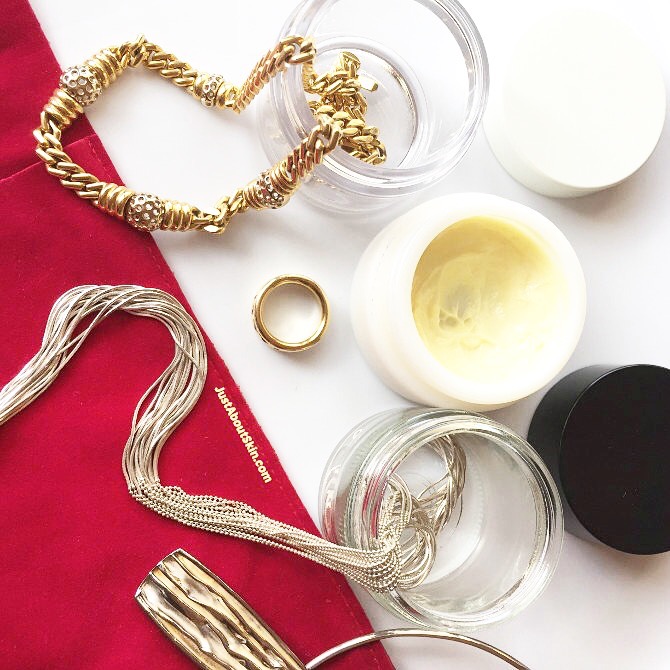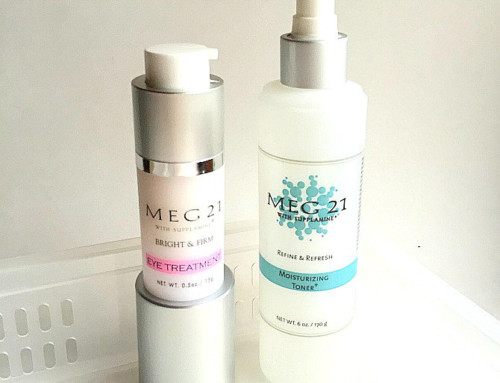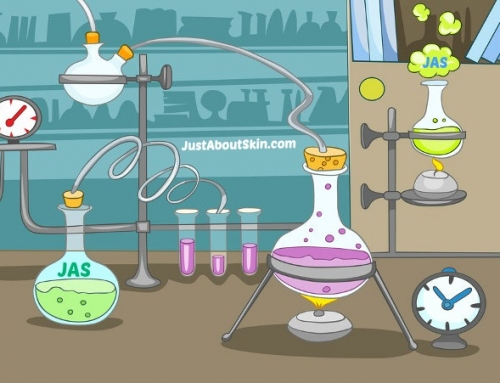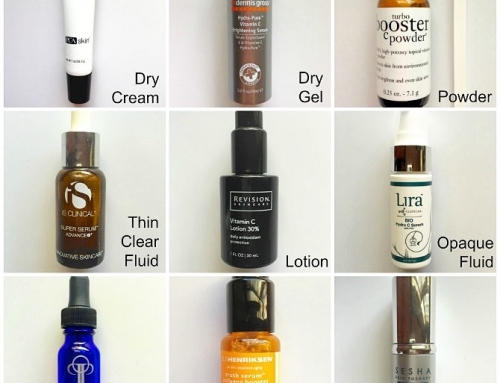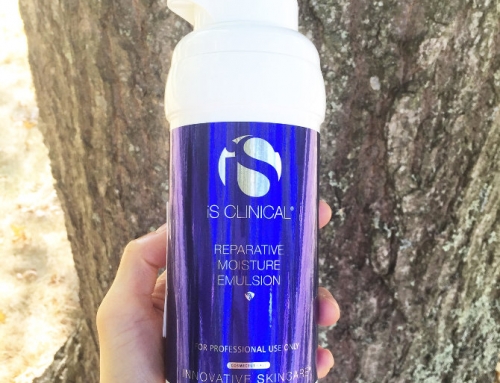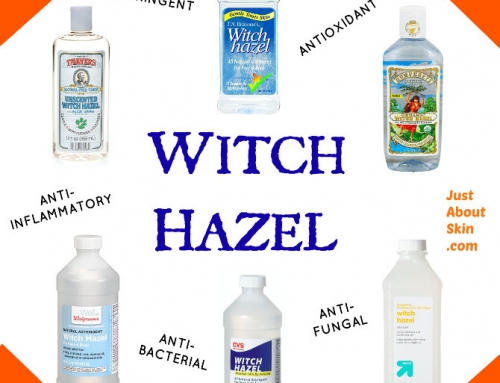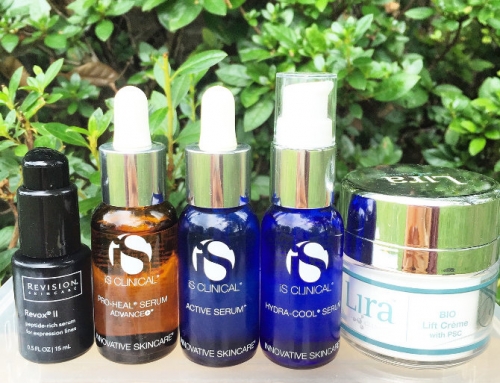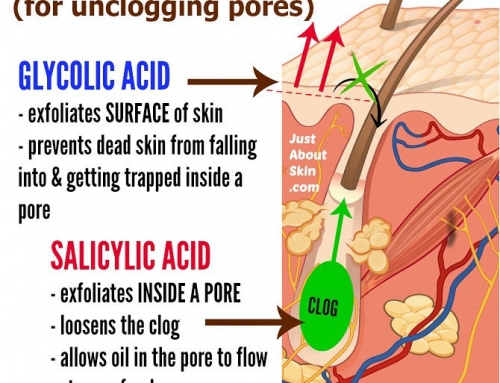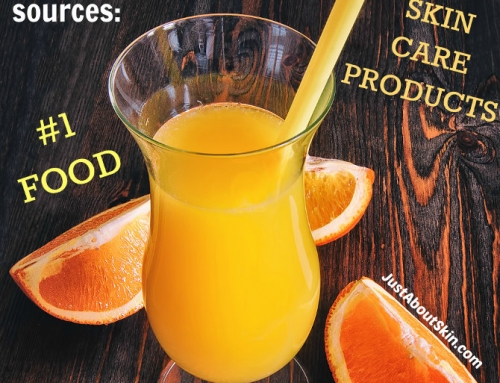Gold, Silver, Copper. What are metals doing in skincare?
A product that I am eager to try, Lira Clinical’s PRO Firming Serum, has colloidal gold and silver, among other age-fighting ingredients. It got me thinking about the role of metals in skincare products.
Of these three metals, Copper is the most common and clearly understood. Gold and Silver lack clear research behind their purported benefits.
Copper in skin (it exists naturally in our body) supports wound healing and collagen synthesis. A fibroblast (a type of cell) requires copper to make collagen. It is also an essential cofactor for enzyme reactions that are important for skin. (A cofactor is something that is needed to get a chemical reaction started.) Copper has many other biological benefits, such as being antioxidant, anti-inflammatory, and anti-tumor. If you come across copper peptides in anti-aging products, that’s good! Copper peptides help signal repair processes and collagen formation. The end result is better tissue remodeling and less scarring.
By the way, since we’re on the subject of collagen, another required ingredient for collagen synthesis is Vitamin C (ascorbic acid). Without sufficient Vitamin C, collagen doesn’t get made, or it gets made incorrectly, leading to deformed or weak collagen. This is why you see Vitamin C in practically every skin care serum or moisturizer. It’s a proven collagen booster, antioxidant, and skin brightener.
Gold has been a faddish ingredient for a while. You can find gold particles in creams or even have it coated over your face in a gold paraffin mask. The use of gold isn’t new though. It was used in ancient Egypt to improve the appearance of skin.
People who have used gold products and noticed a change report a range of improvements such as immediate luminosity, firming, and reduction of redness.
But exactly how Gold and Silver work in skin to provide skin benefits is unclear. There is very little solid research, and there are different theories about their mechanisms of action. Here are two that are cited the most:
- They are thought to have anti-inflammatory effect. In medicine, gold has been used to treat arthritis.
- They may act as carriers (delivery vehicles) for other ingredients, enhancing their penetration into skin.
A carrier is something that helps deliver an ingredient into skin. It “carries” something along with it.
In fact, other metals, such as Sodium, Zinc, and Magnesium are extremely common as carriers in skincare. Sodium PCA, for example, is a popular humectant (water-binding ingredient), which is also found naturally in skin.
My Two Cents
Personally, I don’t think about gold or silver, or even care if they’re in my products. Gold is such an expensive commodity, it’s not practical for skincare. Unless you only buy luxury skincare, it doesn’t make sense to seek out this ingredient when there are plenty of other ingredients that can help skin.
Copper, on the other hand, is something I care about. If a product has an ability to utilize copper, I pay attention. Copper has been extensively researched as a wound healing agent. Wrinkles are essentially “wounds” in skin.
Achieving younger-looking skin requires a blend of prevention and correction strategies. Some of these are behavioral (like changing your diet or reducing sun exposure). And the rest is experimenting with the tremendous array of ingredients that have different mechanisms of action on skin.
And honestly, if topical products fail to deliver the results you seek, then non-invasive cosmetic procedures, such as Botox or dermal fillers are much more efficient solutions. They give you an instant fix, for a higher price tag of course. But most likely less than you’d spend on pricey gold products over time.
Related Reading:
Want posts delivered straight to your inbox? Sign up for the weekly newsletter here.

